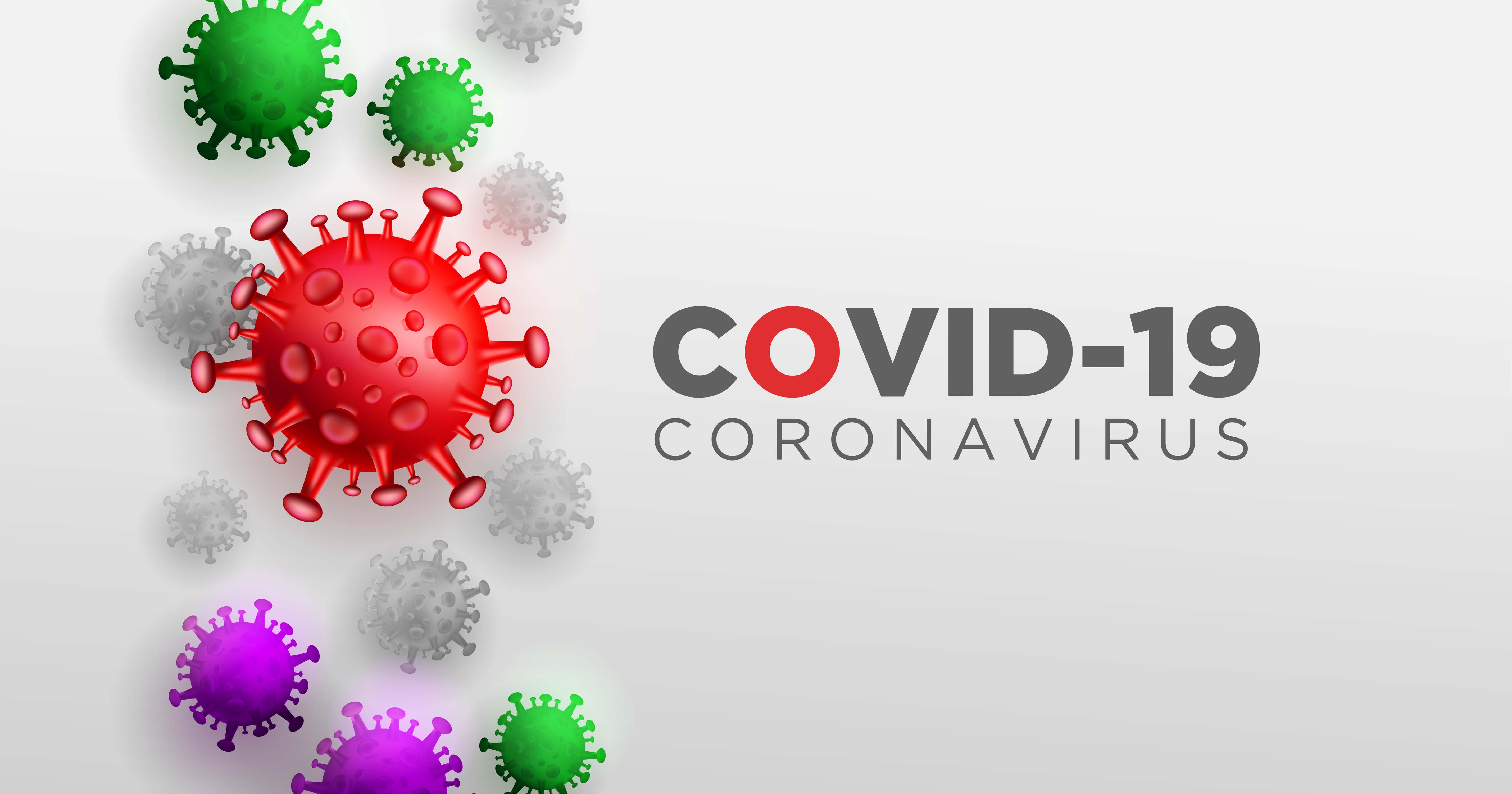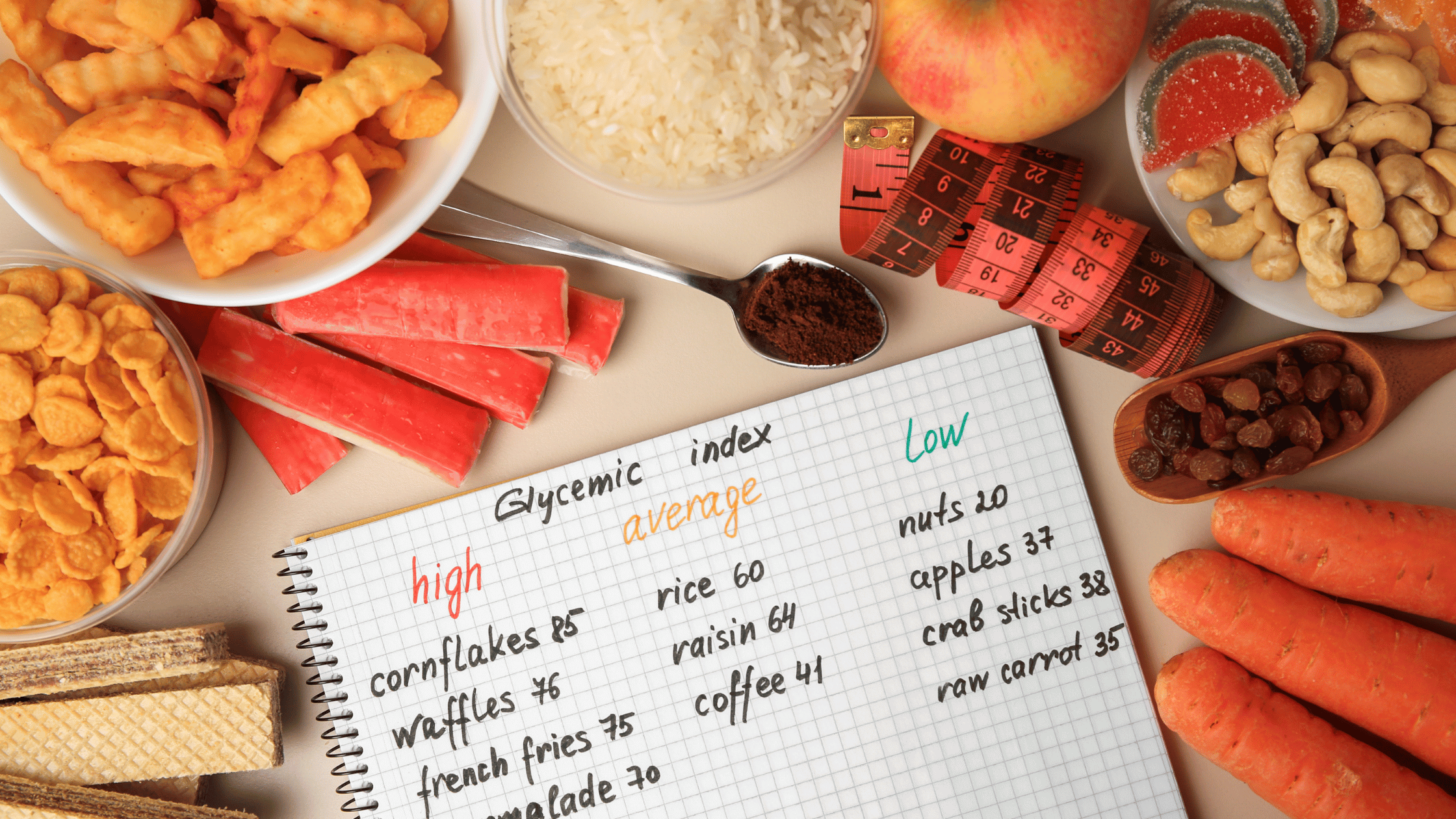A Comprehensive Guide to Understanding and Utilising Gut Microbiome Reports

Introduction
Welcome to the captivating world of gut microbiome analysis, a realm where intricate microbial ecosystems hold profound implications for human health. As nutritionists and health coaches, delving into a gut microbiome report unveils a wealth of insights that can revolutionise personalised health interventions. In this detailed guide, we'll embark on an enlightening journey through the various sections of a gut microbiome report, offering a deeper understanding of microbial profiles, metabolic pathways, enterotypes, gut health scores, and actionable recommendations.
Exploring Microbial Profiles
The microbial profiles section of a gut microbiome report provides a comprehensive snapshot of the diverse microbial community residing in the gut. From beneficial probiotics like Bifidobacterium and Lactobacillus to potential pathogens and commensal bacteria, this section paints a vivid picture of microbial abundance and diversity. Understanding the intricate balance of these microbial populations is crucial for assessing gut health status and guiding targeted interventions. The favourable and unfavourable abundances impact the overall gut health.
Unravelling Microbial Richness and Diversity
Microbial richness and diversity metrics offer insights into the complexity and resilience of the gut microbiome. Richness refers to the number of unique microbial species present, while diversity encompasses both species richness and evenness. A higher microbial richness and diversity often correlate with better gut health and metabolic function. Health coaches can use these metrics to assess the robustness of the gut ecosystem and tailor interventions to enhance microbial diversity.
Comparing Cohorts for Contextual Understanding
Comparative analysis against reference cohorts helps contextualise an individual's gut microbiome composition. By identifying deviations from normative microbial profiles, nutritionists and health coaches gain valuable context regarding potential dysbiosis or unique microbial signatures. This comparative approach enhances the interpretation of gut microbiome data and informs personalised recommendations tailored to specific microbial profiles.
Delving into Metabolic Pathways
Metabolic pathway analysis delves into the functional capabilities of the gut microbiome, shedding light on biochemical processes critical for host-microbe interactions. From carbohydrate metabolism and short-chain fatty acid production to immune modulation pathways, understanding microbial metabolic pathways provides actionable insights into how gut microbes influence systemic health. Health professionals can leverage this information to design targeted dietary and lifestyle interventions that modulate metabolic pathways for improved health outcomes.
Understanding Enterotypes and Functional Signatures
Enterotypes represent distinct microbial compositions that characterise individuals' gut ecosystems. Prevotella, Bacteroides, and Ruminococcus are prominent enterotypes associated with unique functional capacities and metabolic activities. Identifying an individual's enterotype informs dietary recommendations, as certain enterotypes may thrive on specific dietary substrates. Health coaches can tailor dietary plans based on enterotype analysis to optimise gut microbiome health and function.
Assessing Gut Health Scores for Comprehensive Evaluation
Gut health scores amalgamate multiple microbial and functional parameters into a single metric, facilitating a holistic assessment of gut health status. These scores consider microbial diversity, composition, functional potential, and metabolic pathway markers to provide a comprehensive evaluation. Health professionals can track changes in gut health scores over time to gauge the efficacy of interventions and monitor improvements in gut microbial balance.
Actionable Recommendations and Personalized Food Lists
The actionable recommendations and personalised food lists derived from gut microbiome reports are invaluable tools for guiding dietary and lifestyle modifications. These recommendations highlight gut-friendly foods rich in prebiotics, probiotics, and other nutrients essential for gut health. Health coaches can collaborate with clients to implement tailored dietary strategies that promote microbial diversity, enhance gut barrier function, and support overall well-being.
Importance of Historical Data and Metadata for In-depth Analysis
To enhance the accuracy and relevance of gut microbiome interpretations, health professionals can integrate historical data and metadata into their analyses. Medical history, dietary habits, lifestyle choices, medication use, and environmental exposures contribute to individualised microbial profiles. By considering these contextual factors, health coaches can offer nuanced recommendations and fine-tune interventions for optimal gut health outcomes.
The multifaceted insights provided by gut microbiome reports empower nutritionists and health coaches to deliver personalised and evidence-based interventions. By navigating microbial profiles, metabolic pathways, enterotypes, gut health scores, and actionable recommendations, health professionals can optimise gut microbiome health and contribute to holistic well-being. Embracing the complexity of the gut microbiome and leveraging advanced analytical tools enhances the precision and efficacy of personalised health strategies.

The Gene Box











.png)



















































